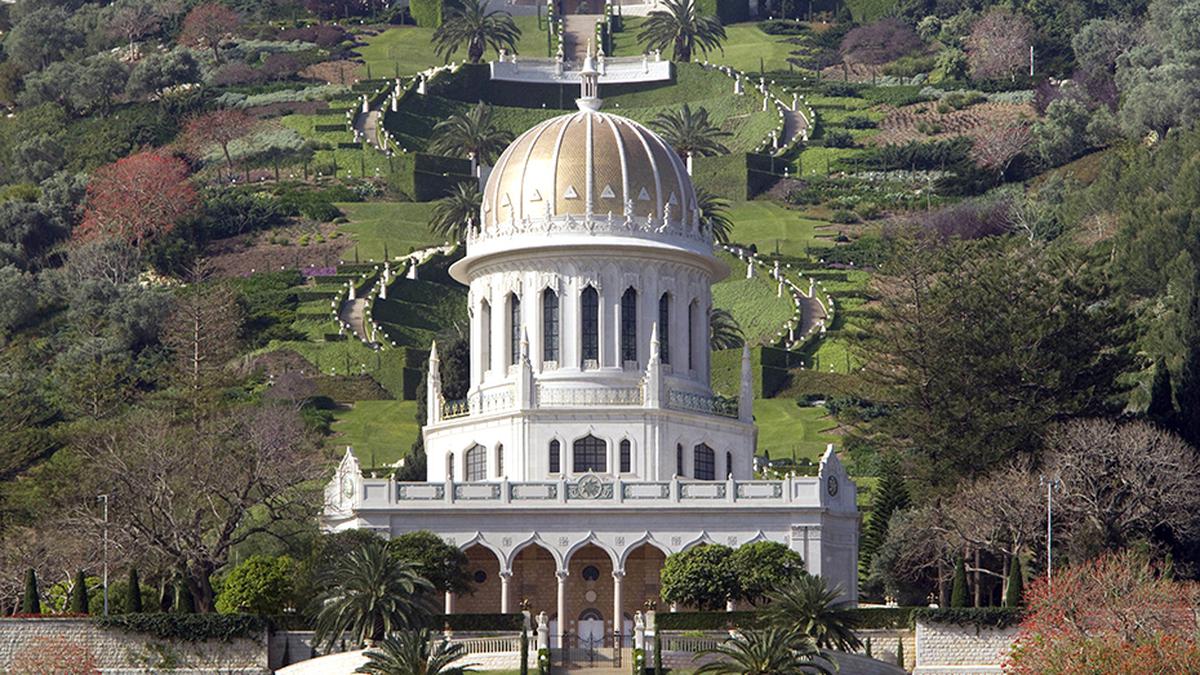
In Iran, Bahai minority faces persecution even after death
The Hindu
Bahais in Iran face persecution even in death, with graves destroyed and community members jailed and harassed.
A flattened patch of earth is all that remains of where the graves once stood — evidence, Iran's Bahais say, that their community is subjected to persecution even in death.
Beneath the ground in the Khavaran cemetery in the southeastern outskirts of Tehran lie the remains of at least 30 and potentially up to 45 recently-deceased Bahais, according to the Bahai International Community (BIC).
“But their resting places are no longer marked by headstones, plaques and flowers, as they once were, because this month Iranian authorities destroyed them and then levelled the site with a bulldozer,” said the BIC.
The desecration of the graves represents a new attack against Iran's biggest non-Muslim religious minority which has, according to its representatives, been subjected to systematic persecution and discrimination since the foundation of the Islamic republic in 1979.
The alleged destruction has been condemned by the United States, which has also criticised the ongoing persecution of the Bahais, as have United Nations officials.
“Unlike other minorities, Bahais do not have their faith recognised by Iran’s constitution and have no reserved seats in Parliament. They are unable to access the country’s higher education and they suffer harassment ranging from raids against their businesses to confiscation of assets and arrest. “Even death does not bring an end to the persecution,” the BIC says.
According to the community, following the 1979 Islamic revolution in Iran, the authorities confiscated two Bahai-owned burial sites and now forcibly bury their dead in Khavaran.

U.S. President Donald Trump threatens 200% tariff on wine, champagne from France, other EU countries
Trump threatens 200% tariffs on European alcohol in response to EU levies, sparking trade tensions and market uncertainty.












